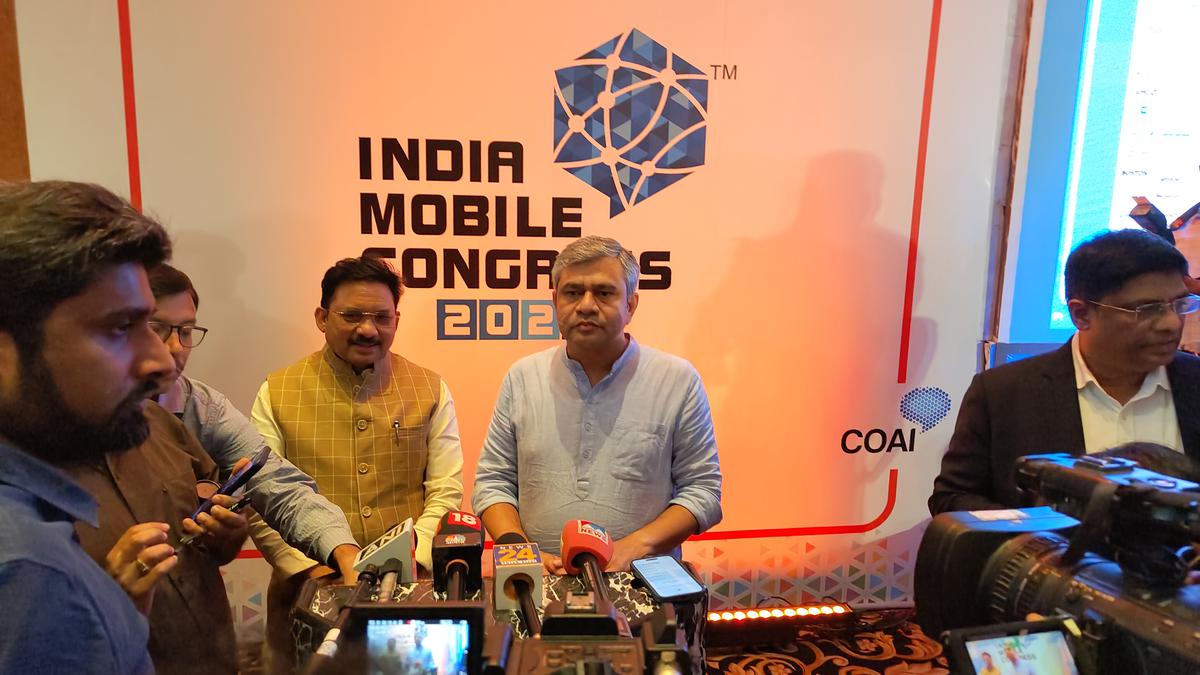
Make IMC 2023 a virtual event for a wider reach, Ashwini Vaishnaw says
The Hindu
India has already done $2 billion of telecom manufacturing under PLI scheme and need to scale it up 10 times, Ashwini Vaishnaw, Minister for Communications, Electronics and IT
India has already done $2 billion of telecom manufacturing under PLI scheme and need to scale it up 10 times, Ashwini Vaishnaw, Minister for Communications, Electronics and IT, said on Wednesday at the curtain raiser of the 7th edition of India Mobile Congress (IMC) in New Delhi.
The Union IT Minister said that India has to be a technology developer, telecom manufacturer and exporter.
Mr. Vaishnaw stressed on having a virtual IMC so that it reaches to other parts of the country. He gave examples of organising it virtually at IIT-Madras or IIT-Kanpur where other 10-15 universities or colleges can benefit out of it.
“Invite students from universities and 5G use case labs to give them exposure to new technologies, bring startups who are into deep tech and cyber security,” he said.
The minister asked the Department of Telecommunications (DoT) and Cellular Operators Association of India (COAI) who organise IMC to make it a five-day event instead of three.
“We also have to give a transferable India Stack to the nations who want to adopt it,” Mr. Vaishnaw said.
This year, the programmes will put spotlight on 6G, advancements in 5G networks, the increasing use of AI in telecommunications, edge computing, industry 4.0, and the emergence of India Stack.













